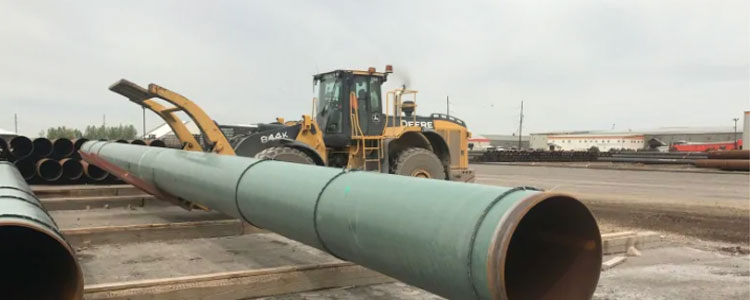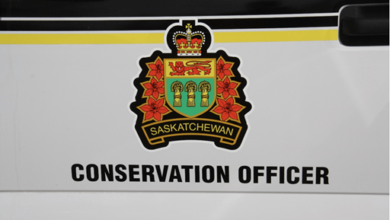
Trans Mountain Pipeline Project Clears Major Hurdle
The Canada Energy Regulator has recently approved the Trans Mountain pipeline project, a federally-owned initiative in Western Canada that has exceeded its budget. This approval was announced late Friday on the regulator’s website, permitting a change in the pipeline’s route over a 2.3-kilometer section in British Columbia’s Fraser Valley.
Originally, Trans Mountain planned to install a 36-inch pipe through a mountainous area near Hope, B.C. However, due to challenges with hard rock formations, the company proposed reducing the pipe size to 30 inches. This change, they argued, would not affect the pipeline’s oil flow capacity.
The regulator initially rejected this proposal, citing insufficient evidence from Trans Mountain about the pipeline’s integrity and environmental safety. This led to a stern warning from Trans Mountain about potential delays and significant financial losses if the smaller pipe was not approved.
In a hearing before the Canadian Energy Regulator in Calgary, Trans Mountain’s lawyer, Sander Duncanson, assured that all necessary safety measures were in place for the smaller pipe. Following these reassurances, the regulator approved the updated application.
The pipeline, acquired by the Liberal government in 2018 for $4.7 billion, has seen construction costs soar by an additional $31 billion, bringing the total cost to $35 billion. Last month, Export Development Canada announced a further $2 billion in commercial loan guarantees, raising the government-backed loans to $18 billion, on top of $16.5 billion in federal debt.
Independent economist Robyn Allan, known for her accurate cost estimations, commented that this additional funding was necessary due to the project’s escalating costs.
The pipeline has been financially supported by the federal government, similar to other major infrastructure projects like the Lower Churchill Hydroelectric project. However, Allan and other experts express concerns over Trans Mountain’s ability to repay its debts, relying solely on tolls charged to shippers.
Despite these concerns, some analysts remain optimistic about the project’s profitability. A report by Bank of Nova Scotia estimated a potential profit of $2.4 billion to $2.6 billion by 2025-2026. Yet, Stephen Ellis of Morningstar suggested a maximum valuation of only $15 billion, implying a potential significant loss for Canadian taxpayers.
Trans Mountain attributes the cost overruns to various factors including supply chain issues, inflation, inexperienced labor, and unexpected weather events. The project’s complexity has also been cited as a reason for these challenges.
With the final price tag likely exceeding $35 billion, including debt servicing costs, Ottawa has agreed to defer interest payments on Trans Mountain’s debt until August 2025. However, once operational, these costs will become a significant financial burden.








































